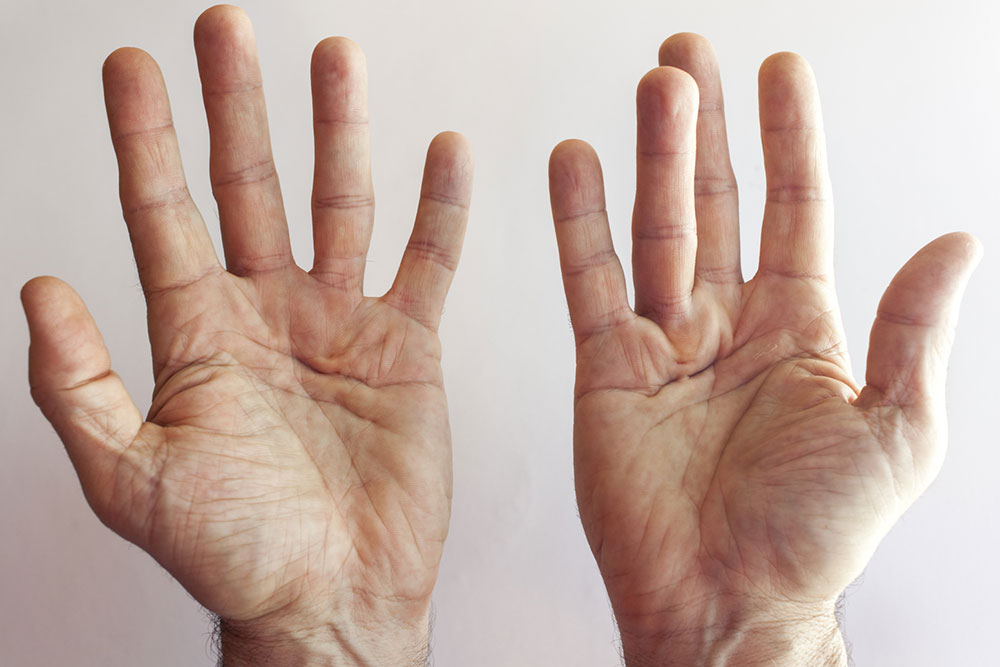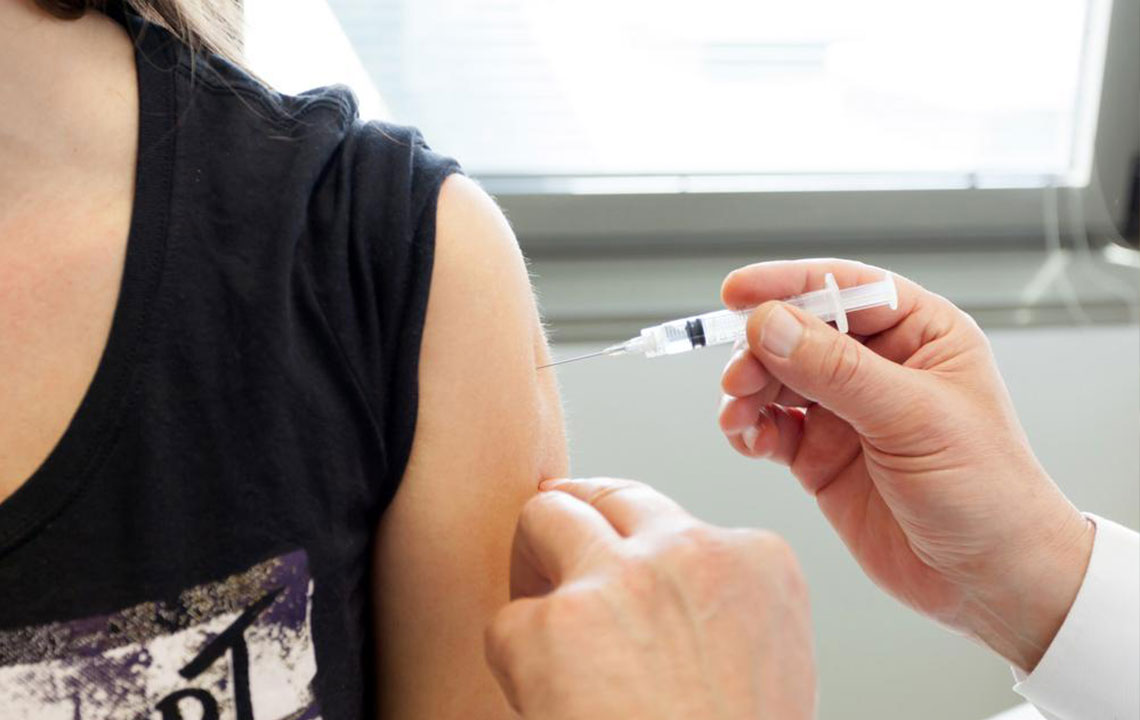Understanding the Causes and Signs of Hypoglycemia
Hypoglycemia, characterized by low blood sugar below 70 mg/dl, can cause mild to severe symptoms affecting body functions. Common causes include diabetes medication, exercise, skipped meals, and alcohol. Recognizing symptoms like sweating, confusion, and seizures early is vital for prompt treatment. Healthy individuals can also experience low blood sugar; hence, awareness and quick response are essential to prevent dangerous outcomes. Proper management and medical consultation are crucial for preventing recurring episodes.
Sponsored

Hypoglycemia, or low blood sugar, occurs when blood glucose levels fall below 70 mg/dl, leading to various health issues. Since glucose is a primary energy source, its deficiency can trigger widespread bodily reactions and potentially be life-threatening if untreated promptly.
Causes: In individuals with diabetes, excessive doses of medications like insulin and sulfonylureas are common triggers. Other factors include intense exercise, skipped or delayed meals, reduced carbohydrate intake, and alcohol intake on an empty stomach.
In some cases, otherwise healthy individuals may also experience low blood sugar episodes. Unexplained symptoms should be promptly reported to healthcare providers. Nocturnal hypoglycemia, where blood sugar drops during sleep, can cause restlessness, sweating, sleepwalking, and morning headaches.
Signs: Symptoms vary among individuals and can range from mild to severe, impacting bodily functions like decision-making and behavior due to reduced glucose availability.
Mild hypoglycemia: Common symptoms include neck sweating, blurred vision, headache, hunger, fatigue, weakness, and nervousness. These typically resolve after eating.
Moderate hypoglycemia: Blood sugar continues to fall, causing irritability, concentration issues, confusion, and behavioral changes such as crying or anger.
Severe hypoglycemia: Emergency symptoms like seizures, coma, or stroke may occur, requiring immediate medical attention to prevent fatality.
Timely medical intervention is critical when hypoglycemia symptoms emerge. Managing diet and medication, along with carrying fast-acting glucose sources, can help prevent serious consequences.






